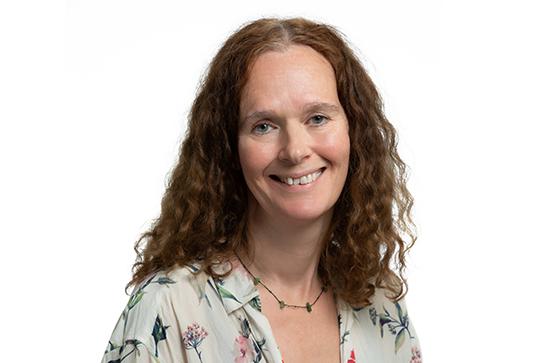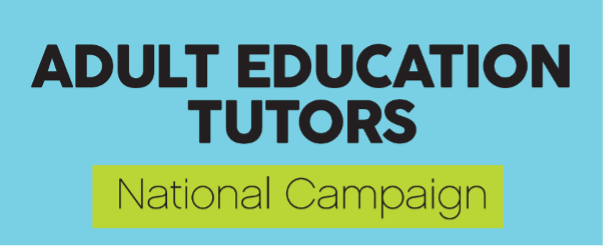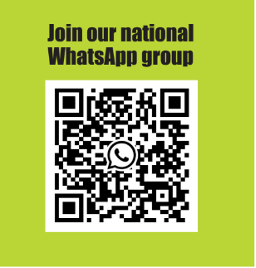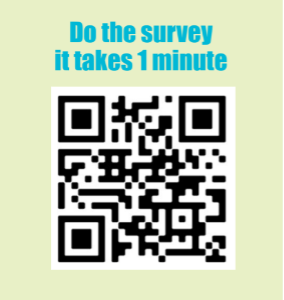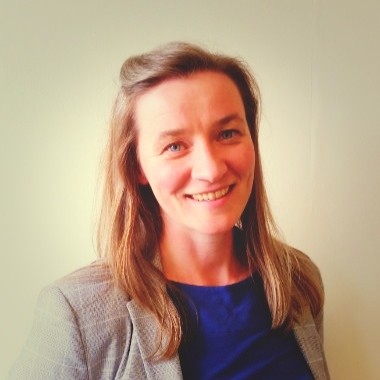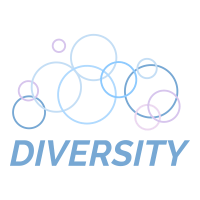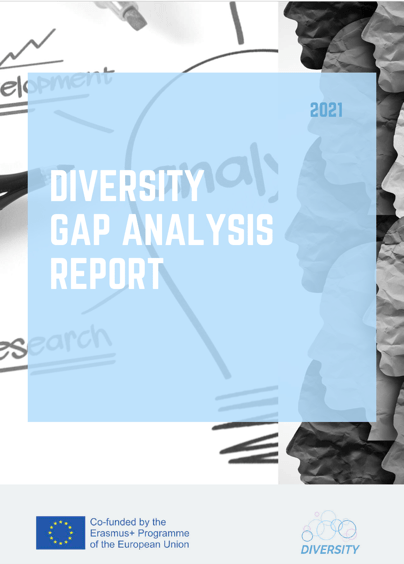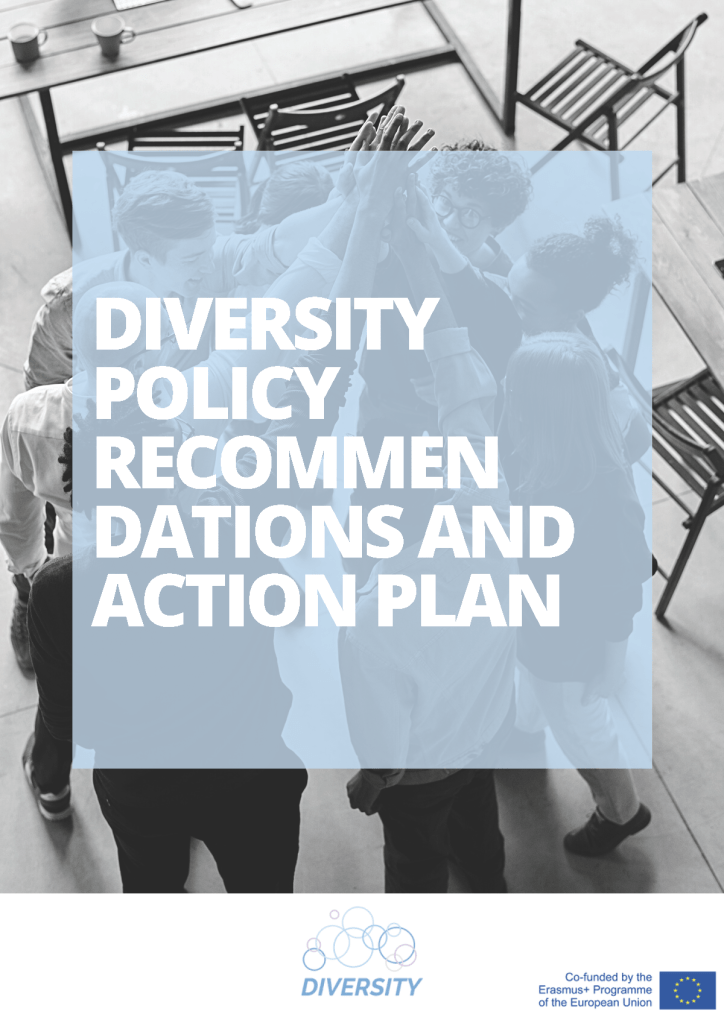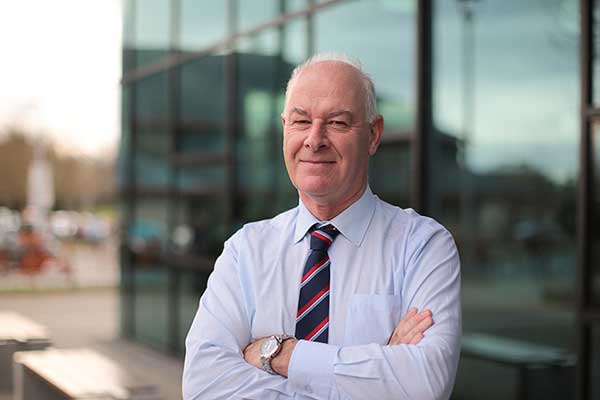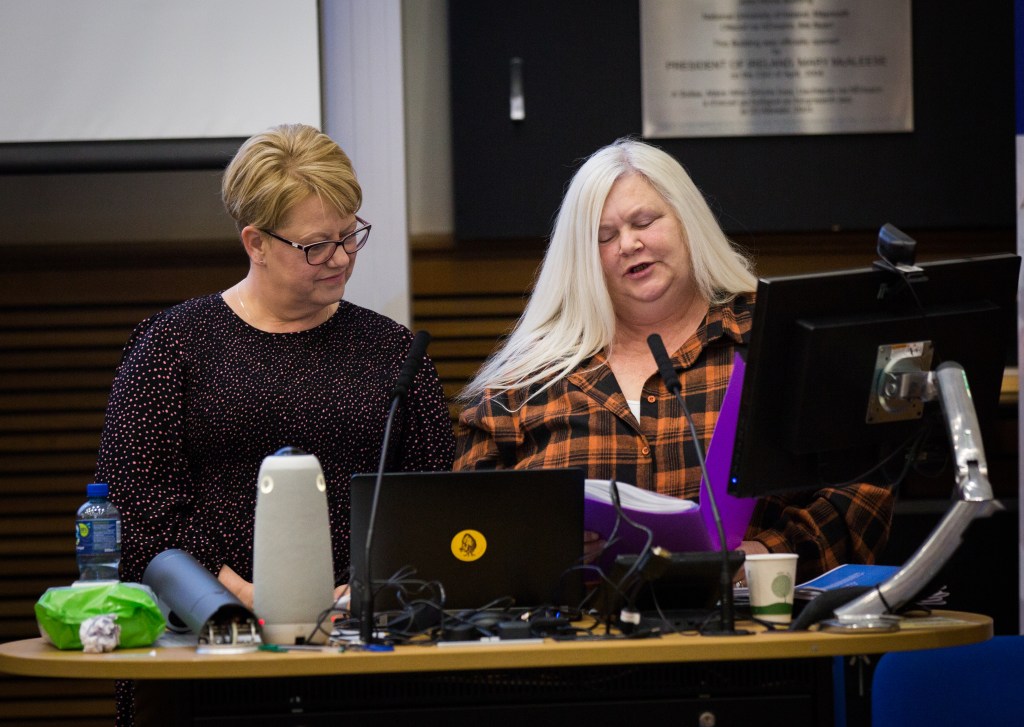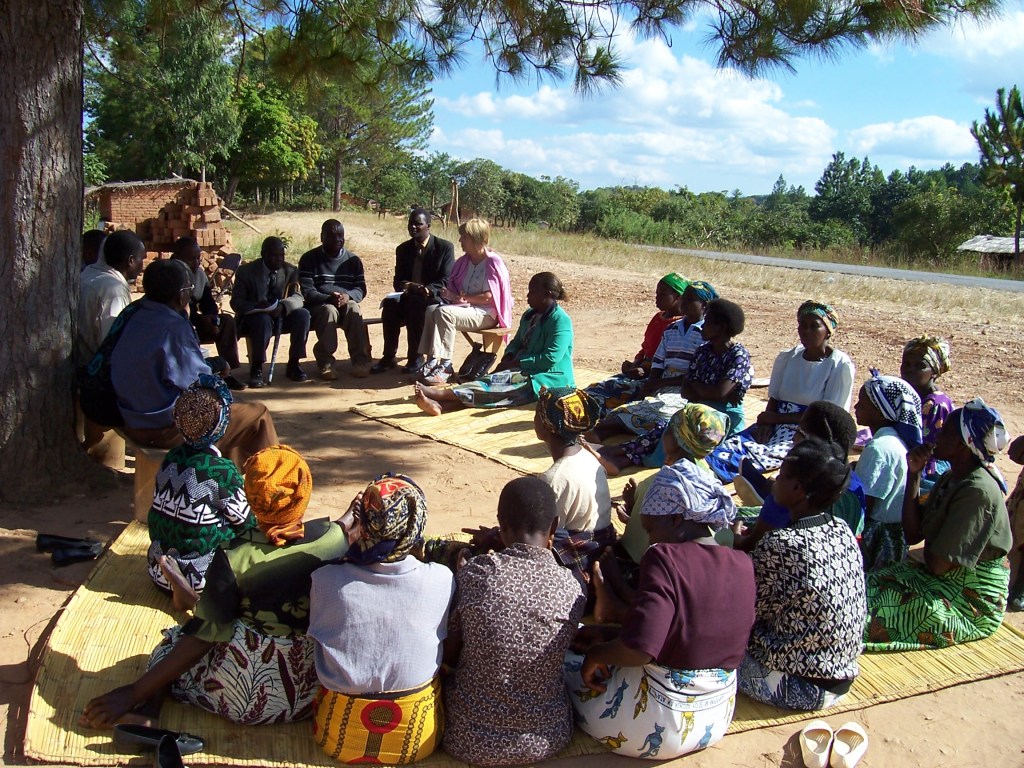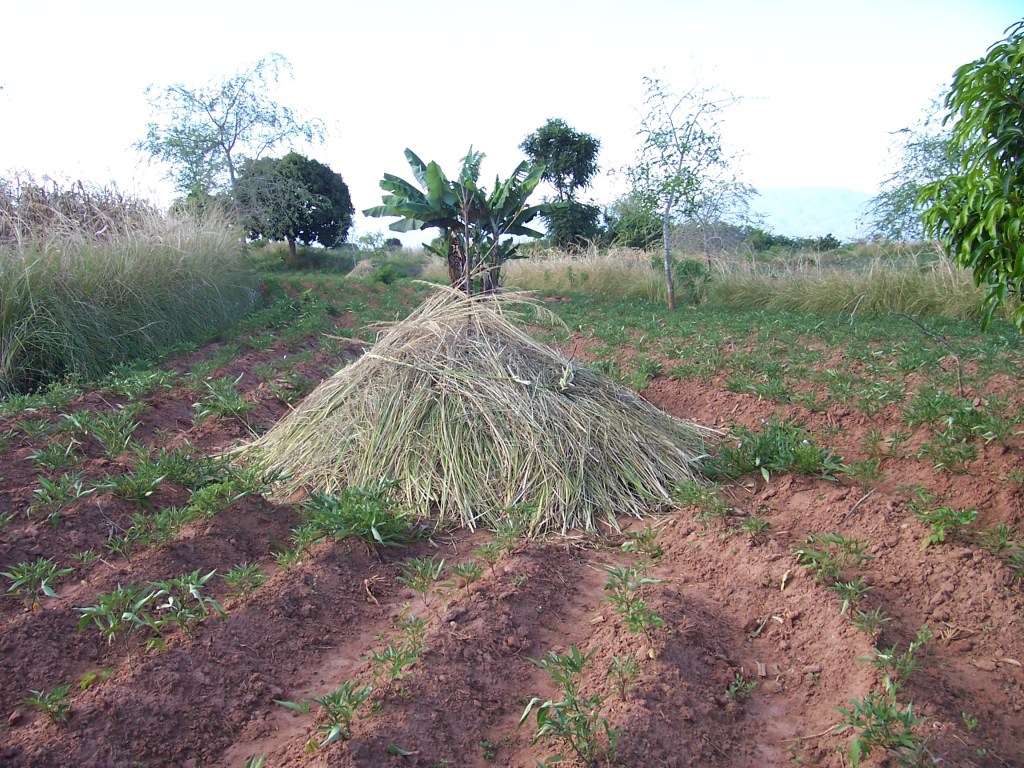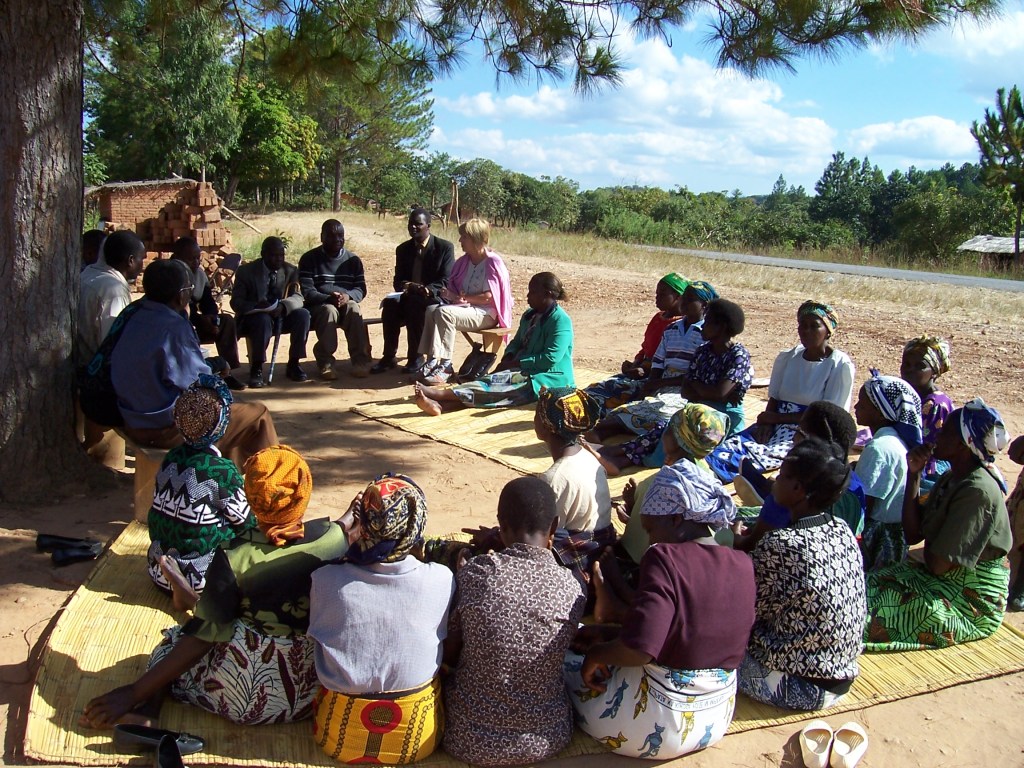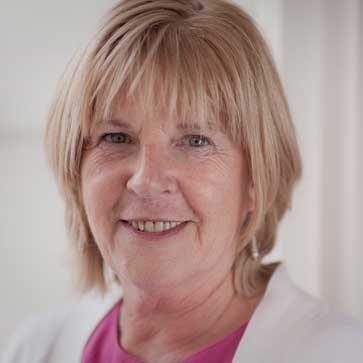Author – Sinead Matson
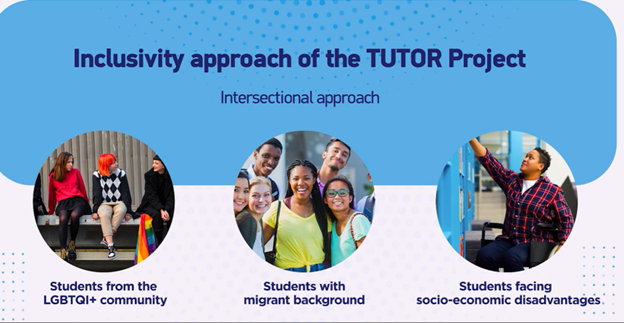
As we head into the summer month and get a small reprieve from the year’s workload, it gives us an opportunity to catch up on events or information we may have missed out on during a busy academic year.
The TUTOR project’s second webinar from the Facebook Live series, “Empowering every student: reimagining inclusive education” is one to put on your watch list.
Fronted by TUTOR Project Ireland’s second ambassador, Macdara Deery, a post-primary teacher from Gallen Community School in Co. Offaly, Empowering Every Student focused on inclusive education with a particular lens on social class and the experiences of socio-economic disadvantage on a community, school, and its students.
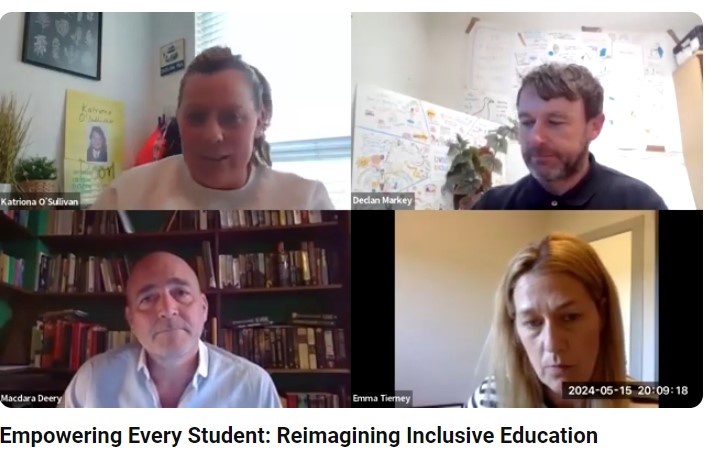
The panel held a wide range of experience and depth, from FET, initial teacher education, alternative pathways, and personal experience and testimony.
Emma Tierney, undertaking her post-graduate diploma in Further Education and training in Maynooth University offered really perceptive and nuanced glimpses into the disconnect that may occur from training to practice because of systemic barriers such as having the ability to challenge the dominate ways of doing, that exist, and have always existed, when you enter a new setting as a FET tutor in training, a newly trained FET tutor, or indeed as a student. She also drew attention to the lived experiences of students with intersecting identities and how they are experiencing their education with a lack of autonomy over their own learning journey. Emma used an example of a student she had during her teaching practice who held asylum seeker status, and how without any warning “was uprooted and displaced midway through the academic year and his course taken and put down in a different part of the country … completely uprooted.” This example really shone a light on the lack of power students may face and how the systems around them upheld and reenforced that lack of autonomy – it brings to light how as educators, we really need to examine all aspects of our students’ lives, not just what happens in the classroom.
Katriona O’Sullivan, Digital Skills Senior Lecturer in Maynooth University, and author of bestselling autobiography Poor, really challenged educators: teachers and tutors to change the narrative for the students in their classroom. A particularly important and powerful moment in the webinar, was Katriona’s reminder:
“we don’t need to change poor people, lads, we’re grand. We’re amazing. We need to change the people who are already in education. Like, loads of people are saying this in the chat, which is amazing, principals are saying it, and inclusive education isn’t about educating the people necessarily, it’s [about] changing the system … the teachers need to be educated, policy makers need to be educated, the people in education need to be educated about what inequality is, and what it looks like, and what disadvantage is, in the space of our of our universities or our schools.”
I personally found this to be such a powerful reminder because we can tend to get bogged down in practice and lay everything at the door of educators when in reality we need to spend more time challenging and changing the system, speaking to initial teacher trainers, policy makers and so on about the realities of inequalities and show them what inclusive education really looks like.
Our final panel member, Declan Markey, is a lecturer in the Adult and Community Education department in Maynooth University, and co-coordinator of the Turn to Teaching programme. Declan, like Emma and Katriona, challenged the system and its barriers, but also went back to what Emma was discussing about the training-practice gap and pointed out the importance of doing the work as well as learning the skills and tools. He emphasises the importance of engaging in anti-bias type auditing on ourselves and our practices, and really reflecting, acknowledging, and unpacking all of the learned assumptions, stereotypes, and biases we consciously and unconsciously hold from our cultural and lived experiences:
“ you know the concept of inclusive education and you know we know Universal Design for Learning (UDL) – you equip people with a skill set and they can do some training oh yeah I can do inclusive education if they haven’t had a shift in their mindset that actually believes and you know in you know every student and learner that’s in front of them and stuff or you know and we all have assumptions and prejudices and stuff but if you can’t critically reflect on that and acknowledge you know your own kind of cultural background and your cultural assumptions and get past them and actually you know well then it doesn’t you know inclusive education isn’t really going kind make any difference in terms of the space that you’re in.”
Truly, this is an important webinar that very honestly, and provocatively, shines a light on the real conversations we need to be having in education – particularly when it comes to inequalities and creating truly inclusive education environments. If you missed the wonderful, radical webinar, grab yourself a cuppa and click here to watch.

Sinead Matson is a postdoctoral researcher working on the Erasmus+ funded TUTOR project for inclusive education in FET and Second Level schools. See https://tutor-project.eu/ for more details.












